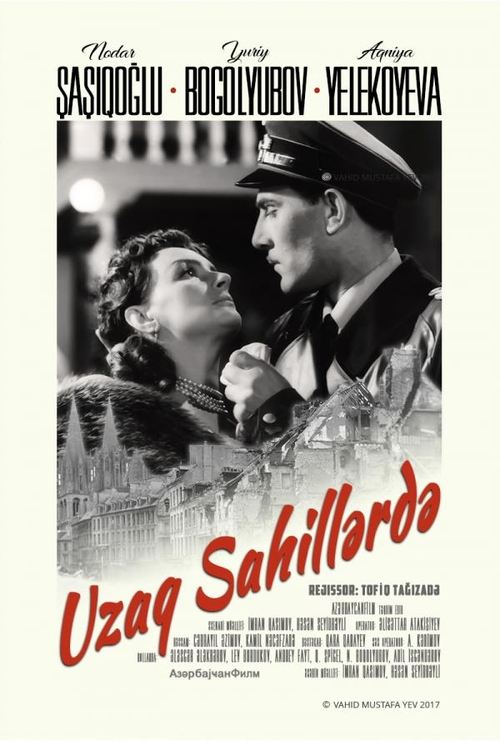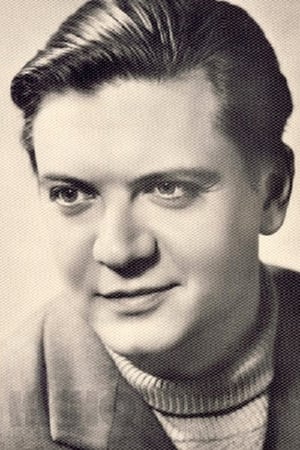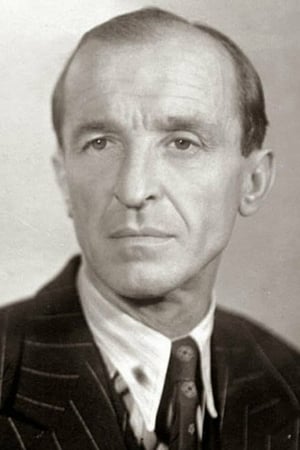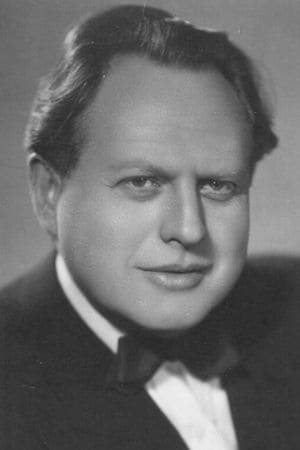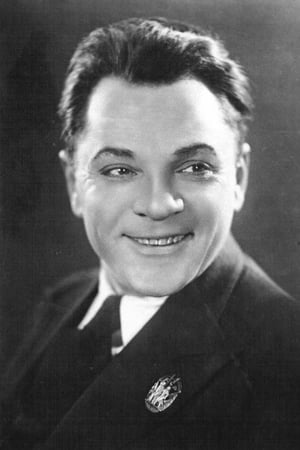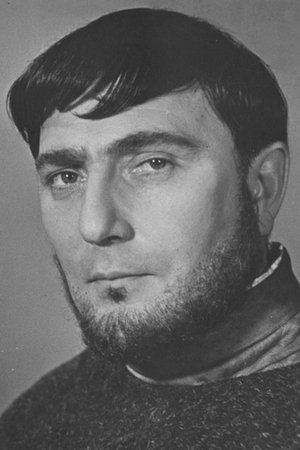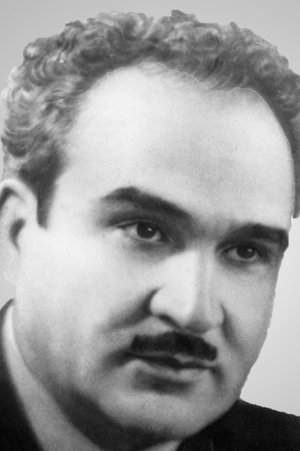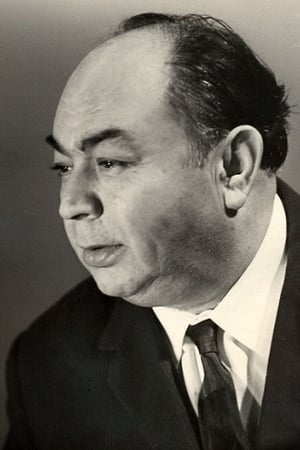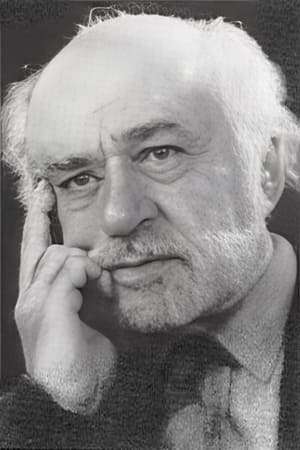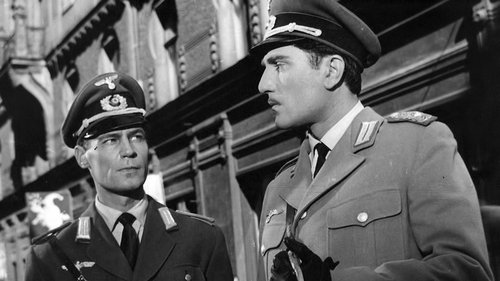
Aqueronte72
8
|
abr. 05, 2025
In any case, we will never know from the pure fiction based on the story of Mehdi Huseynzade, if as the war intensified in 1944, the Azarbaijani hero also softened or lost a little of the simple perspective provided by caution and self-preservation, or even natural intuition, for example when faced with a Nazi enemy, as happens when he is interrogated by the officer at the beginning, who actually ended up adjusting the bomb and confessing that there is a partisan hostile to his cause who has betrayed him, or when faced with a potential traitor within his own ranks like Carranti - because he is ambiguously known, because he does not recognize the sly look, because he ceased to suspect his presence on several apparently casual occasions in the insurgency, etc. -. The truth is that on this aspect, the first scene, assuming it's faithful to the biopic, is revealing when one of the scarred partisans betrays the wanted "Mikhailo" to a German officer disguised as a Nazi officer—as I just pointed out above. Mikhailo's indifference, accompanied by Vesselyn, when they plant the bomb in the toilet of the variety theater is an aspect that will cause him to be careless and end up being stabbed by Carranti.
The hero nearly dies, and while he convalesces, the traitors nearly wipe out the partisan settlement, following General Kulbach's orders, but thanks to the perverse guidance of the cunning Carranti. Fortunately, halfway through the film, Mikhailo counterattacks; otherwise, it would seem that we would have a stiff, lifeless hero. But first, Angelika disguises herself as a high-class pro-fascist lady and tricks her way into the headquarters. Later, although she is arrested on the street, Mikhailo and Vesselyn take care of the two Gestapo officers who were already taking her to jail after being recognized by Carranti. When Mikhailo is taken to the mountains, to the home of Vesselyn's faithful father, the Azeri hero never imagined that the old man would be tempted by the Nazis to such an extent that he would be sold. But once again, Mikhailo, pretending to be a painter and in fact painting a fine picture of the Nazi commander, escapes fate, despite being recognized by Carranti, who arrives later but is unsure that it is Mikhailo because of the Renoir mustache and the Azarbaijani's perfect nasal accent. Sadly, in the scuffle in the ravine, young Vesselyn is killed by a Nazi who pretended to be dead.
The last thing he said was "Forgive my father." Carranto escapes to the city and is dancing lively with his wife until Mikhailo bursts in. A final, vulgar attempt to deceive the hero is to show him the bundles of money, saying he's saved a million and is willing to give him half if he lets him escape. A gunshot seals their final confrontation.
Remove Ads
Comment?
